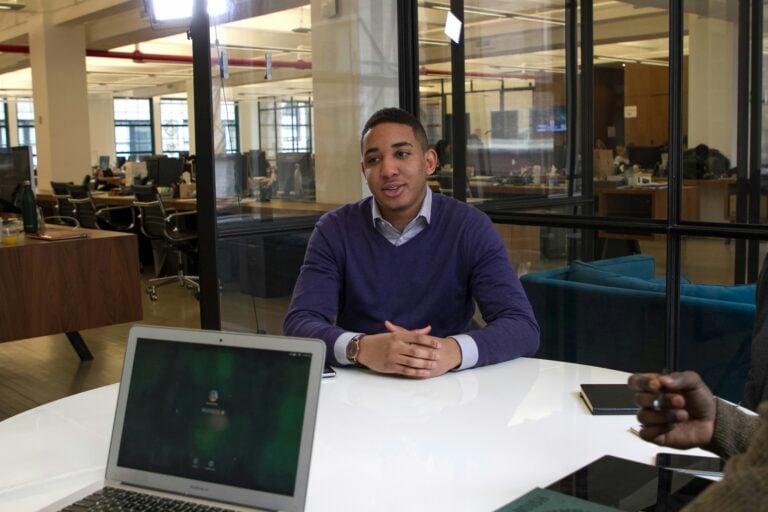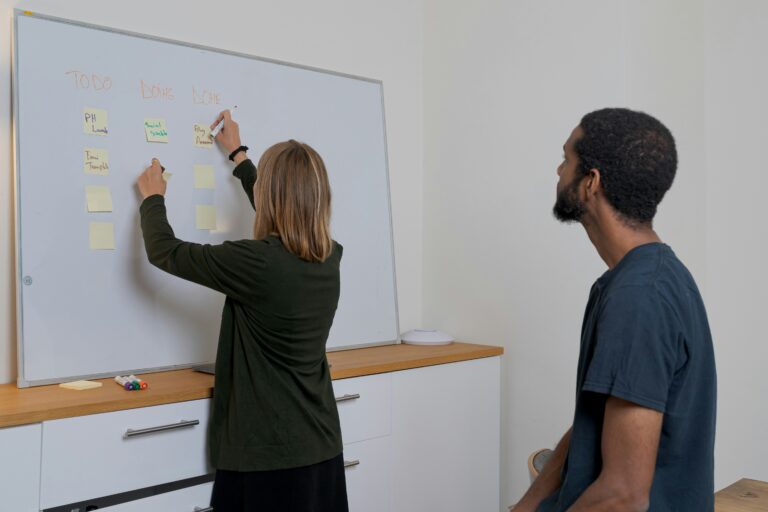Marketing Consultant
30 Jul, 2025
Could something as routine as the time of day impact who you decide to hire?
A recent neuroscience study from researchers in Italy suggests it might. While the study focused on university students sitting oral exams, its findings raise important considerations for anyone involved in evaluative decision-making – including hiring managers and recruiters.
We specialise in product management, product design & UX, marketing, eCommerce and commercial leadership recruitment. if you need to hire, click the button below.
The research
Researchers from the Universities of Messina and Bologna analysed over 100,000 oral assessments and discovered a consistent pattern: students who were interviewed between 11:00am and 1:00pm were significantly more likely to pass than those assessed earlier or later in the day.
The researchers offered two possible explanations:
- Candidates may perform better late in the morning, when cognitive function tends to peak.
- Interviewers themselves may be more mentally alert, and possibly more generous, at that time of day.
This pattern echoes findings from previous studies, including judicial research showing that judges are more likely to issue favourable rulings after breaks or earlier in the day. In other words, biological rhythms and decision fatigue may influence outcomes more than we realise.
What this means for hiring teams
If you’re conducting interviews throughout the day, it’s worth considering whether time-of-day effects could be influencing your evaluations, even subtly. Here are a few takeaways to help mitigate that risk:
1. Schedule key interviews late in the morning
Whenever possible, arrange interviews with top candidates between 10:30am and 1:30pm, when both interviewers and candidates are likely to be most alert and focused.
2. Minimise decision fatigue
Avoid scheduling too many interviews back-to-back, especially in the afternoon. Fatigue may reduce your ability to fairly and consistently assess candidates. Build in short breaks or buffer time between interviews to reset your attention.
3. Be self-aware before each interview
Pause briefly to check in with yourself: Are you feeling focused? Are you mentally comparing this candidate to someone you interviewed several hours ago? Small moments of reflection can help reduce unconscious bias.
4. Maintain a structured interview format
While human factors fluctuate, structured interview processes, using consistent questions and scoring criteria, can provide a more stable foundation for decision-making.
Small adjustments, better outcomes
Hiring decisions are high-stakes, and we often focus on improving our tools: better questions, more refined assessments, clearer job descriptions. But subtle operational details, like when we conduct interviews, could also make a measurable difference.
As the study authors noted, ‘Biological rhythms, often overlooked in decision-making contexts, can subtly but significantly shape the outcome of high-stakes evaluations.’
Making small scheduling adjustments won’t overhaul your hiring process, but it might improve the consistency and fairness of your decisions, and give every candidate a better chance to show their best.




